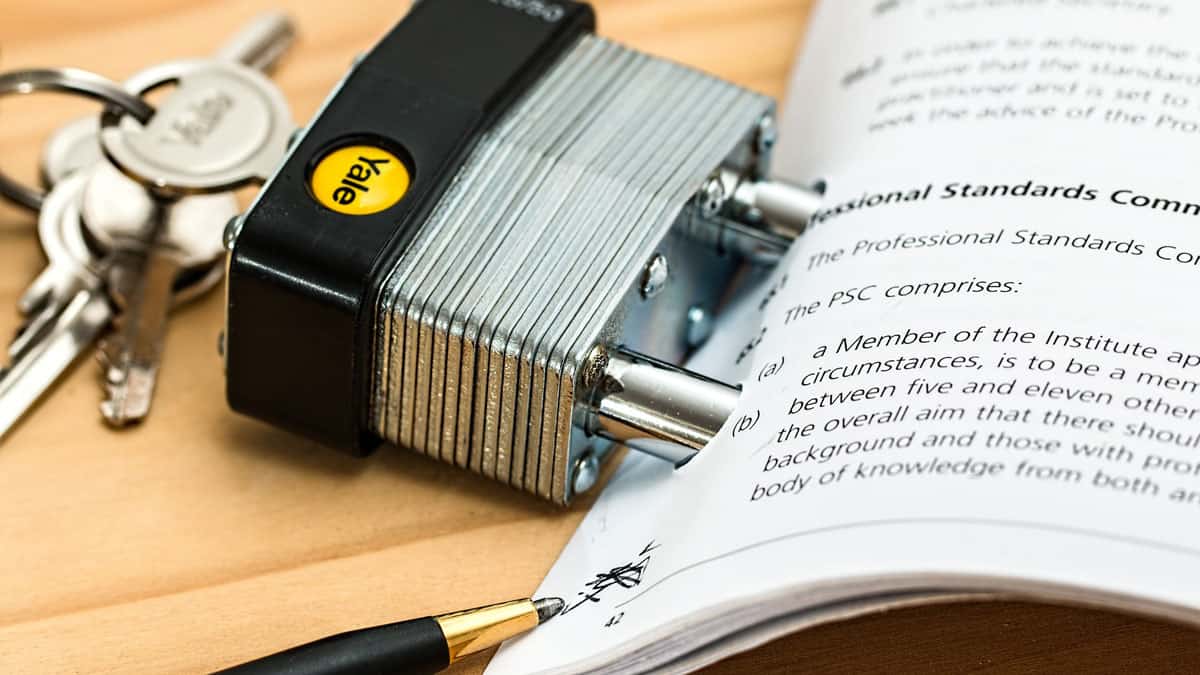What is a Trademark (and Why Do I Need One)?
What is a trademark? Learn why all small businesses should consider trademark protection for their business name, logos, and brand symbols.

Certainly you’ve heard the term “trademark.” However, you may not be clear how trademarking could benefit your own small business. Do you need to consider trademarking? What can you trademark? How do you get started?
Basics of Intellectual Property and Small Business
Trademarks fall under the broad umbrella of “intellectual property,” along with copyrights and patents. Intellectual property protection can be a vague and complex area of law and business. The US recognizes three official ways to protect intellectual property rights: 1) trademarks 2) patents and 3) copyrights.
In general, trademarks apply to logos, symbols, and branding. Patents apply to inventions and innovations, while copyrights apply to creative works. All of them are designed to make sure that other people can’t take advantage of your ideas or work.
Here, we’ll focus on trademarks for your small business.
What Is A Trademark?
A trademark protects the specific, unique name, logo, and symbols pertaining to your products or business brand. Trademark protection may apply to business names, symbols, logos, sounds, and even colors that are emblematic of one specific brand.
Think of the red-orange Reese’s peanut butter cup packaging – that specific orange color is trademarked. Think of the bite-marked fruit associated with Apple computers; that specific symbol is trademarked. Both the distinctive orange color and the familiar Apple logo create immediate brand and product recognition for consumers.
Your trademark will last for 10 years, after which you’ll need to renew it.
How Do Trademarks Differ from Patents and Copyrights?
Patents are intended to protect inventors and their innovations. Patents are granted to new products, technical solutions, and scientific processes. You may also be able to patent meaningful improvements on existing technology or processes. While trademarks last for ten years, patents are granted for terms of twenty years and can’t be renewed.
Copyright protection applies to art, books, music, movies, and other creative works. The owner of the copyrighted material holds the exclusive legal right to distribute the creative work, perform the work, or disseminate the work in the public domain. Registered copyrighted material is managed by the Library of Congress. In general, a copyright lasts for the lifetime of the creator, plus 70 years.
In general, you also have the right to grant licenses for the use of your intellectual property. That’s how movie soundtracks can include popular music, for example.
Should Your Small Business Trademark?
Some small business owners assume that trademarking is just for global brands. But protecting your hard work and your brand identity is just as important for small businesses as it is for huge corporations.
Brand logos are the most obvious and most commonly trademarked items for small businesses. But you can also trademark words, symbols, packaging, and even sounds. Trademark assessment is a case-by-case basis, so if you have a question about whether part of your brand identity is trademark-worthy, a small business intellectual property attorney can answer your questions.
Experts recommend making your logo and other business branding as unique as possible. This serves two purposes: 1) A unique logo or symbol affords instant brand recognition and 2) a unique logo or symbol will afford your business greater intellectual property protection because it will be so distinctive, and therefore harder to copy.
Trademarking is an important step for protecting your brand identity. It will stop competitors from poaching your customers by imitating your brand. It can also offer you some protection if those copycats do something reputation-damaging.
How Do You Get A Trademark?
Some small business entrepreneurs are deterred from trademarking because they think the process is overly complex. In fact, trademarking is relatively straightforward. Experts recommend trademarking simply because trademark litigation lawsuits are complex and expensive, so it’s better to apply for official registration rather than face a battle down the road.
The first step to trademarking is to conduct a search for what you seek to trademark. The USPTO searchable database allows you to see whether your idea has been used before. You’ll need to search their database to confirm that your intended trademarked item is not already listed and trademarked by another business.
The second step is to apply for federal trademark protection. The United States Patent and Trademark Office (USPTO) Online Application Site allows you to apply for federal trademark protection online directly through their website. A fee will be assessed at this point in the application process.
The third step is approval. When your trademark application is approved, you are then granted exclusive legal rights to that trademark. Additionally, there will be public notice that you’ve claimed ownership of the trademark. Once approved, you’re granted the legal right to use the “®” symbol that designates a registered trademark.
If your trademark application is denied, then there is an appeal process which USPTO describes here.
Do You Have to Apply for a Trademark?
Even without formally applying for a trademark, your business still may have legal rights. If you’re using your logo or symbol, some protection may be afforded simply because you’ve been using it for your business branding purposes. Designation of TM (trademark) or SM (service mark) notify other businesses of your common law claim to those symbols, logos, or business names.
Trademarking Protects Your Brand
Intellectual property laws exist so competitors cannot steal creative ideas, names, or symbols from other businesses. Trademarking is just good business – it’s easy and ensures that other businesses aren’t piggybacking off of your hard work and brand building.









